BAPETEN Regulation Guidance on Modification of Non-Reactor Nuclear Installations
Kembali 12 Februari 2024 | Berita BAPETENThe Directorate of Regulation of Nuclear Installation and Materials (DP2IBN) of BAPETEN held guidance on laws and regulations in the field of nuclear installations and materials, with guidance material on BAPETEN Regulation No. 5 of 2023 concerning the Implementation of Modification of Non-Reactor Nuclear Installations (INNR), which was promulgated on December 29, 2023. This guidance is intended for internal BAPETEN, both technical work units of the Nuclear Installation and Material Cluster and work units other than the nuclear installation and material cluster (IBN).
The guidance, which was held virtually on February 12, 2024, began with remarks from the Acting Director of DP2IBN, Bambang Eko Aryadi. In his remarks, it was conveyed that the use of nuclear energy continues to develop, including INNR, and in its operation there are modifications made to improve safety. "Therefore it is necessary to have regulations that regulate the implementation of INNR modifications," said Bambang Eko. He hopes that this activity can provide information and understanding in the management of INNR modifications.
Deputy Chairman for Nuclear Safety Assessment, Haendra Subekti, gave direction and opened this coaching event. "INNR will be a very strategic chain to support the PLTN. We do not want any activities to be interrupted in the nuclear material cycle," said Haendra.
Haendra explained that last week BAPETEN received a request for an explanation regarding the regulations for the business of mining nuclear materials for the MIND ID mining business planning. It is realized that the formation of regulations in the current era is very progressive and tends to be fast to facilitate business actors, coupled with the current issue of deregulation of business licensing (OSS).
In several meetings with business actors, the Deputy Chairman realized the perspective of business actors. The need for complete regulatory infrastructure in business is very important, so the Deputy hopes that every element of the institution supports this by completing the regulatory tree needed in this industry in an integrated manner, in the form of 1 complete cycle.
"It is emphasized that our mindset must be expanded, not talking about regulations only for certain groups and fields but for the availability of nuclear power business infrastructure as a whole and complete," said Haendra.
Furthermore, it was conveyed that "Norms must be global and meet international standards without neglecting national needs. Our direction must be more macro, in which there are small steps," he said. It was also mentioned the urgency of changing the regulatory mindset at BAPETEN so that it can be translated and developed by other work units without being too prescriptive and limiting the implementation of regulations in the field.
The presentation related to the coaching material was delivered by Zulfiandri from DP2IBN, with moderator Nur Syamsi Syam. He explained in detail and comprehensively the regulatory content in BAPETEN Regulation (Perba) No. 5 of 2023 concerning the Management of Modification of Non-reactor Nuclear Installations.
In his presentation, it was conveyed that modification is any effort that changes the structure, system, and components that are important for safety, including additions and reductions. The facilities that are the object of this regulation are INNR facilities, namely nuclear material purification, enrichment, conversion, and fabrication facilities. The purpose of the modification is to improve INNR safety, prevent failure during commissioning and operation, meet PUU provisions, reduce the likelihood of errors, facilitate maintenance, and improve installation performance.
Modifications that meet three criteria require BAPETEN approval before being implemented. The criteria are: causing changes to BKO; affecting Structures, Systems, and Components Important to Safety; or causing hazards that are different in nature or have a greater likelihood of occurrence than those analyzed in the safety analysis report.
Next, an independent assessment is explained that must be carried out by the license holder before submitting an application for INNR modification approval to determine whether one or more of the above criteria are met. If met, the license holder submits an application for modification approval to BAPETEN. The implementation of modification approval is fully explained as in the following flow diagram.
Explained by Zulfiandri regarding the contents of the modification program document as one of the requirements for the modification approval application. In detail, the contents of the document consist of 10 chapters, namely a. introduction; b. organization and responsibility; c. design requirements; d. description; e. modification; e. design, fabrication, and installation; f. safety analysis; g. radiation protection; h. emergency response; i. function and performance testing; and j. stages and implementation schedule.
The presentation was concluded with several examples of modifications that have been implemented in the current INNR.
After the presentation of the material, it was continued with a discussion. Several questions were raised by the participants, including those related to BAPETEN's intervention in the criteria for accepting modifications, self-assessments carried out by license holders, which are new regulations in the implementation of modification approvals, especially related to implementation in the licensing system, modification approval interfaces and license extensions, and fees that must be paid by the applicant for modification approval. From the discussion, the enthusiasm of the participants in this coaching was seen.
At the end of the discussion, the Acting Director of DP2IBN said that changes to the implementation of the modification procedures can be adjusted during the discussion of the revision of the derivative PP No. 5 of 2021 concerning business licensing based on the level of risk of business activities. Implementation of risk-based business licensing.
The Deputy of PKN said that technical matters of implementation can be explained in more detail in the SOP because regulatory norms cannot contain very detailed matters. The moderator closed the discussion by explaining that this regulation has been in effect since it was enacted on December 29, 2023, so that modification activities at INNR follow this regulation. After the discussion, participants filled out a poll to see to what extent the information conveyed in the coaching could be absorbed by the participants.
The coaching was closed by the Acting Director of P2IBN by conveying that this regulation is an important instrument; modifications must be carried out carefully and must be in accordance with applicable standards. Bambang Eko also expressed his gratitude to all parties for the smooth implementation of this activity. (DP2IBN/Tasya/BHKK/Bams/GP).

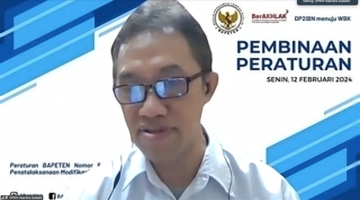
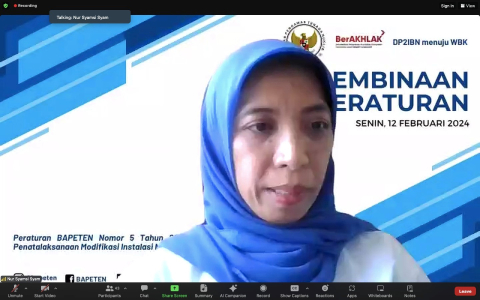
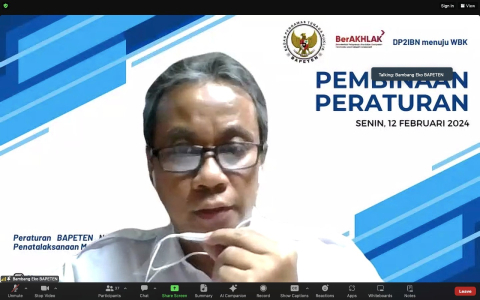
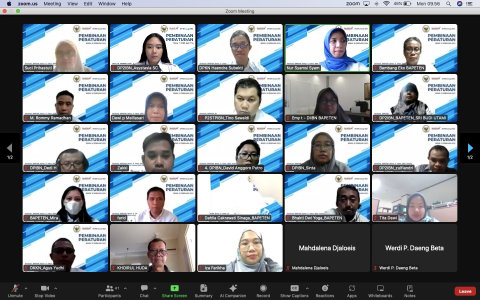
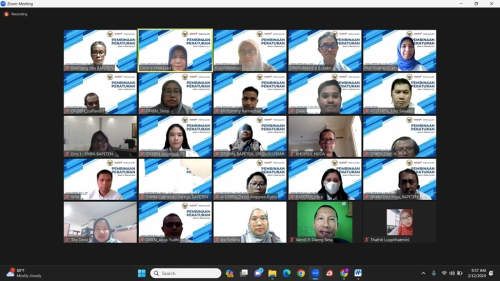
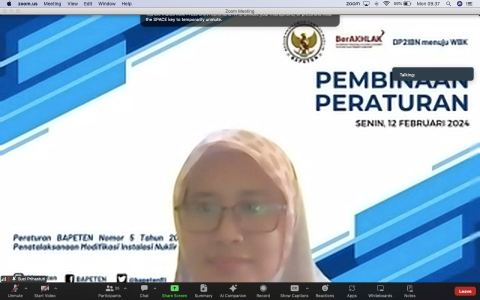
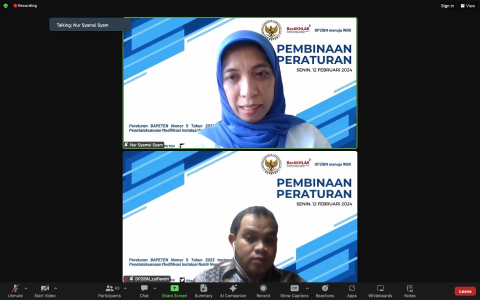
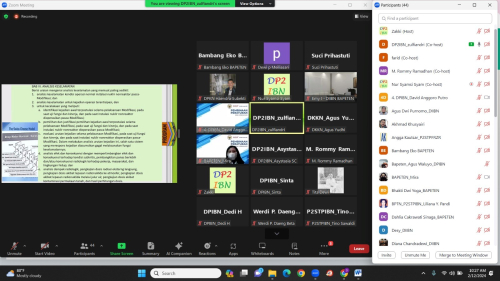

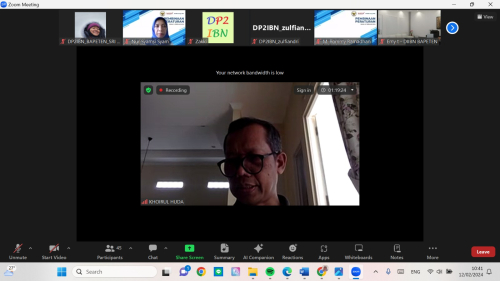
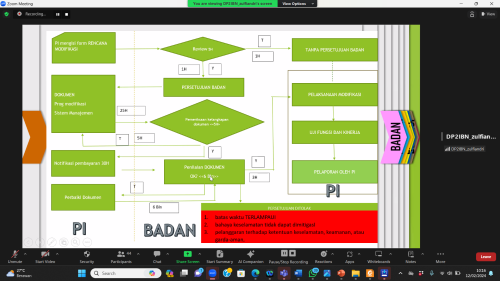
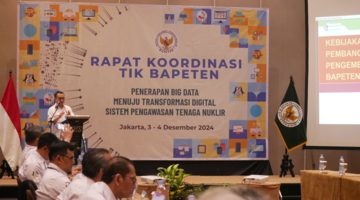
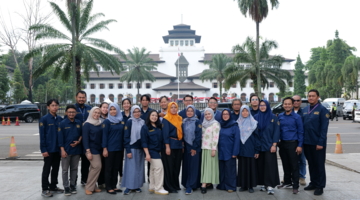
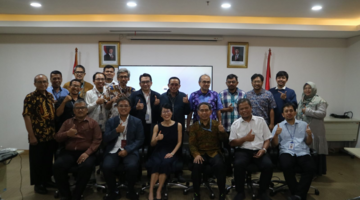

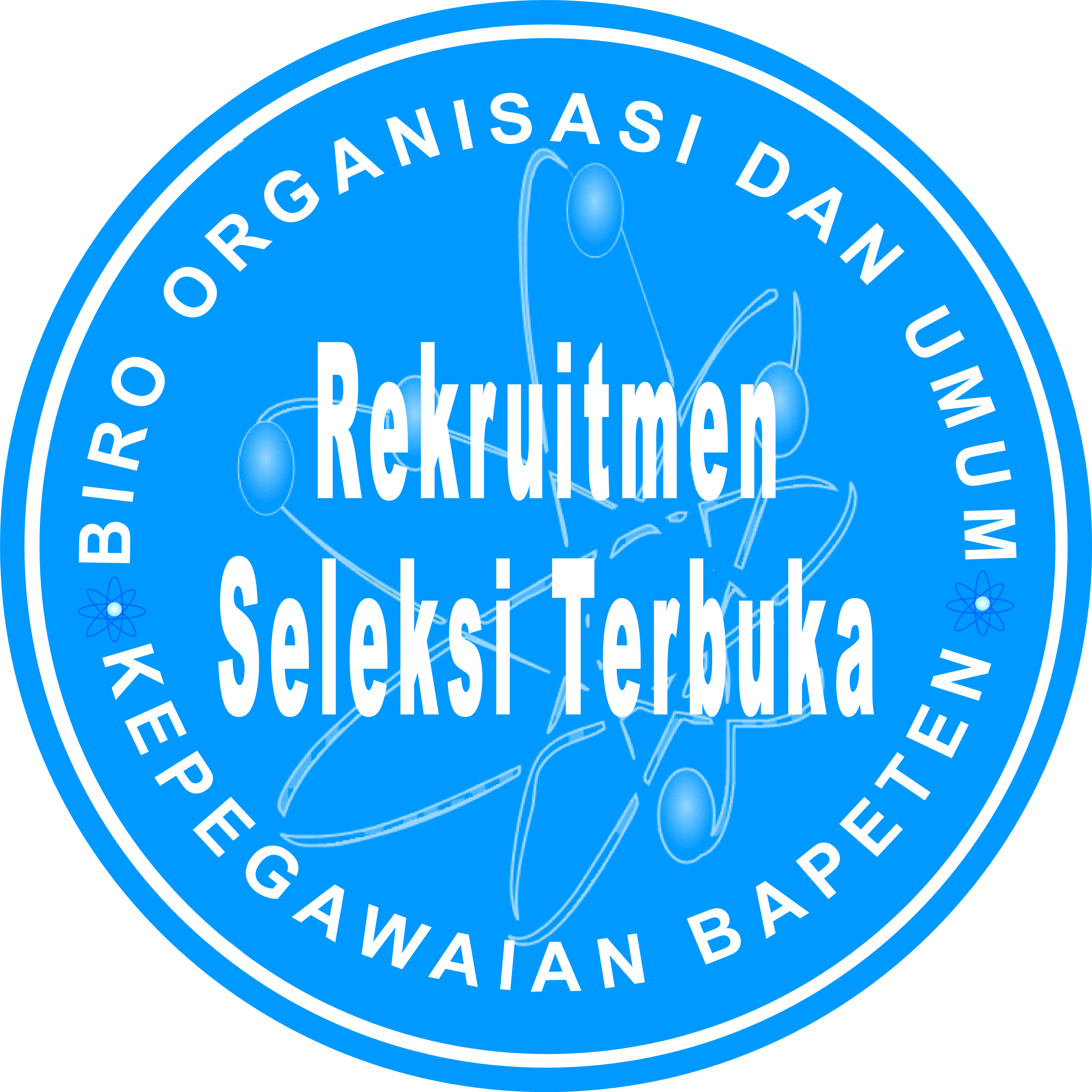

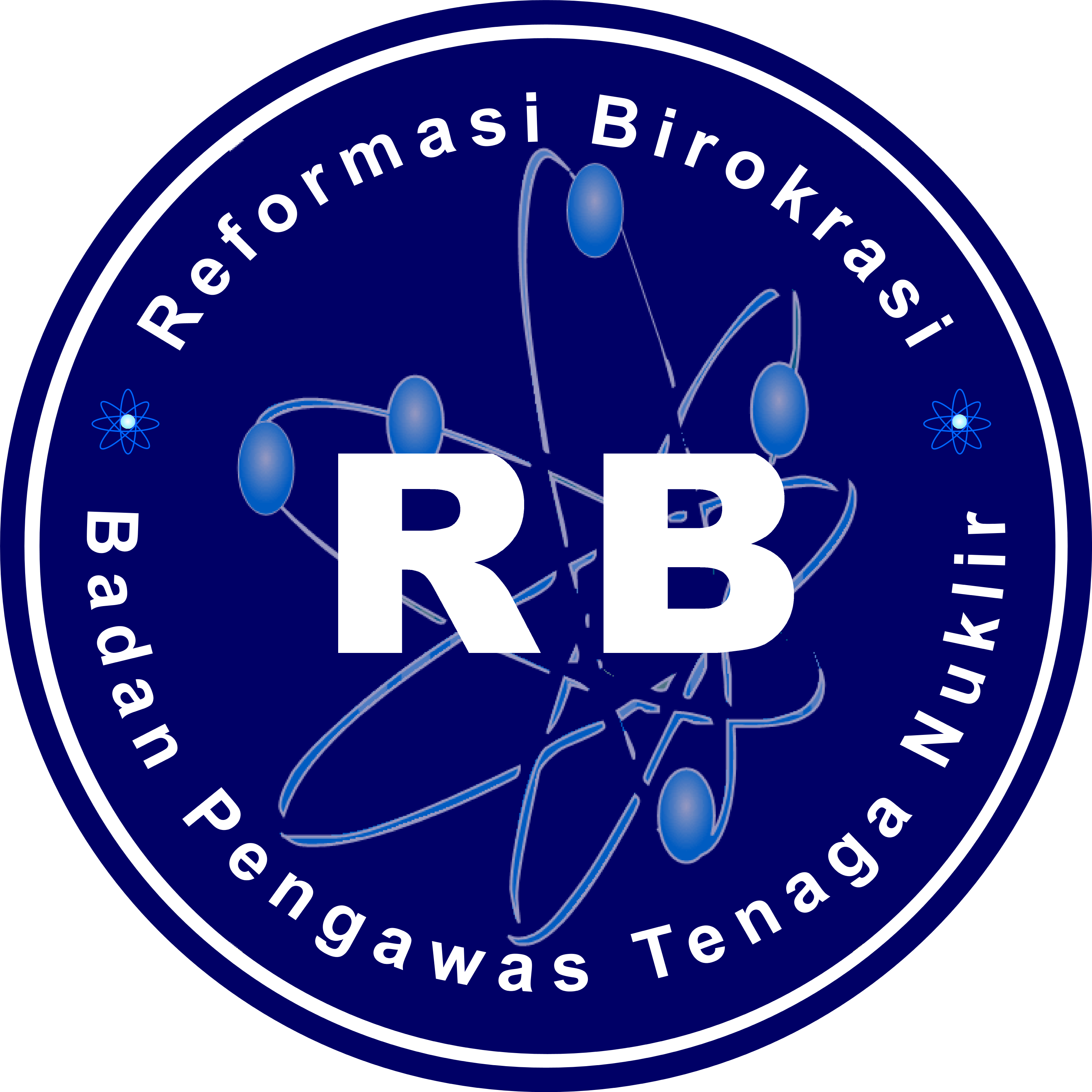








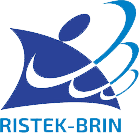









Komentar (0)